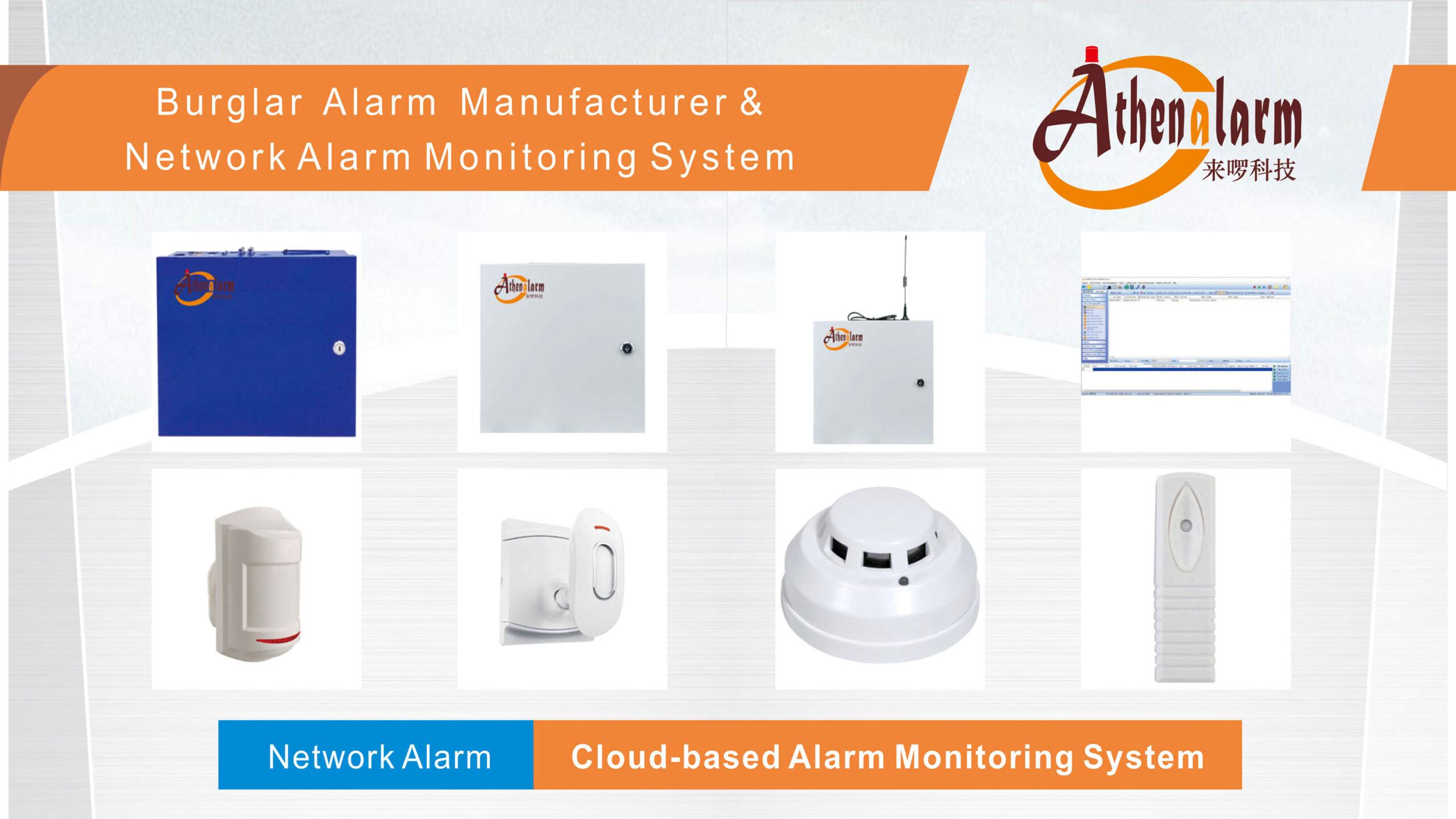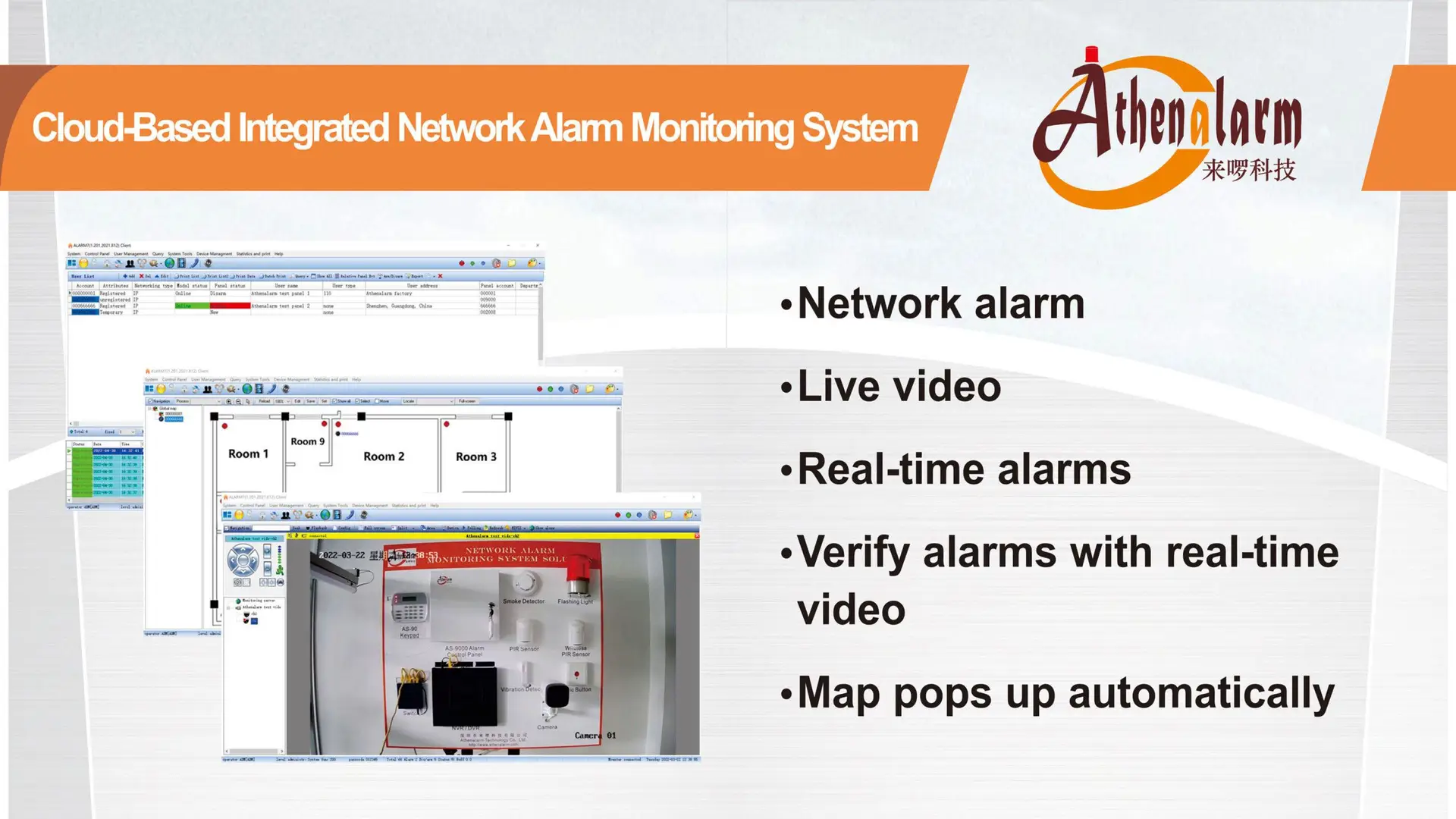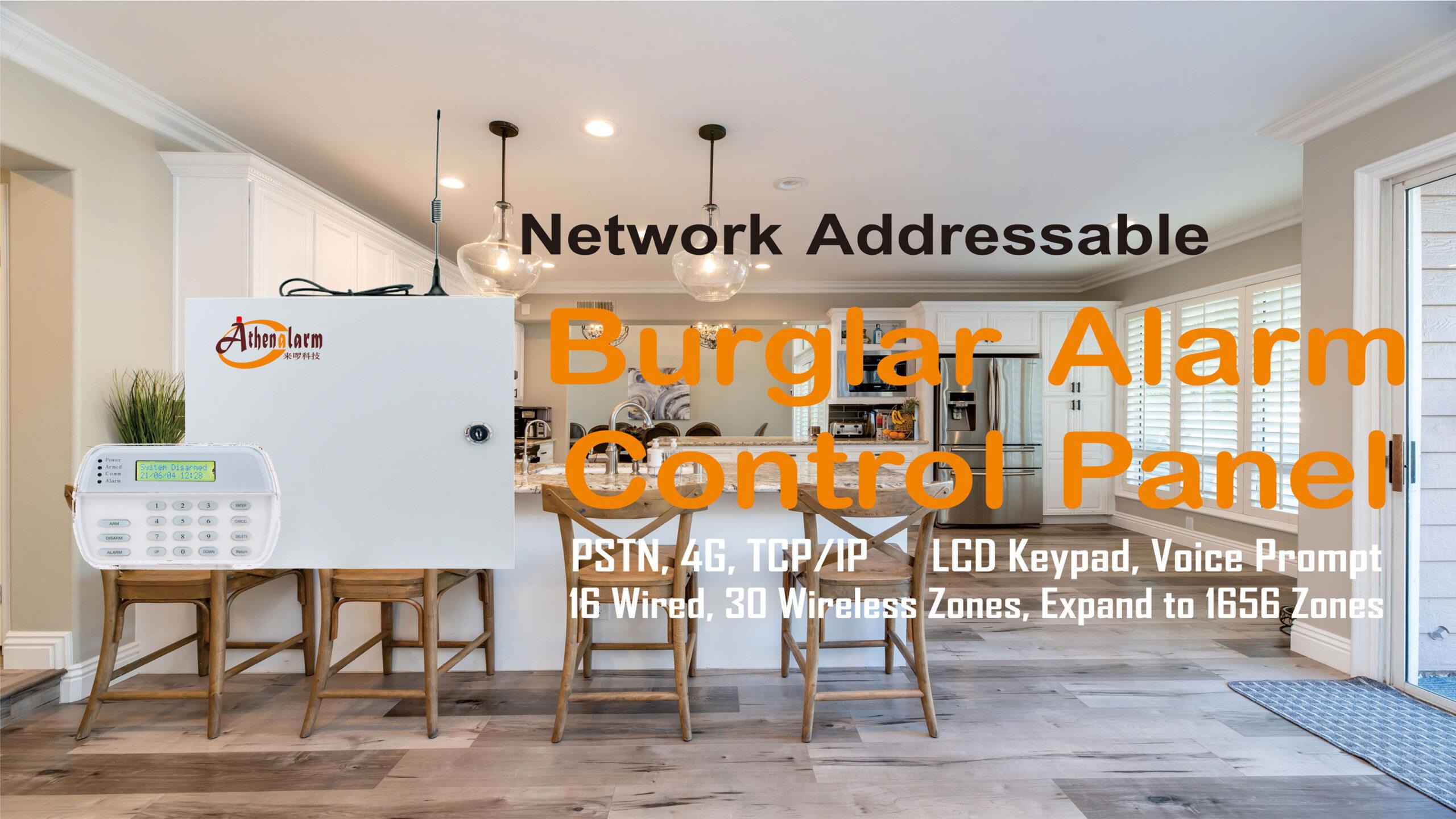



Winter Safety Tips for Families
1 Winter safety tips for anti-theft
In winter, as people dress thicker and thicker, they need to pay special attention to theft prevention when going out or shopping. Anti-theft mainly refers to preventing pickpockets.
There are four main ways pickpockets commit crimes:
(1) Unpacking
Without using any tools of crime, quickly approach and take action when the victim is not prepared, often using clothing, leather bags, newspapers and other items as props to cover up, stealing wallets, cash or mobile phones from the victim’s pockets and other places.
(2) Unzip
Taking advantage of the victim’s backpack being pushed behind and unable to attend, using one’s own or an accomplice’s body to block others’ view, quickly opening the zipper of the victim’s backpack, stealing wallets, cash, or mobile phones and other property.
(3) Cut the bag
Pickpockets use sharp blades such as razors and paper cutters to cut through victims’ bags or pockets, stealing wallets, cash, or mobile phones and other property.
(4) Carry a bag
Pickpockets usually hold a large black opaque plastic bag or an open large bag and pretend to shop or dine in bustling shopping malls, restaurants, etc., searching for leather bags hanging on one side or placed on cabinets, tables, chairs, etc. Once they find an opportunity, they quickly approach the target, pick up the leather bag and put it into their own large bag, and leave swaggeringly. Some people take the bags from the shopping cart while the victim is focused on buying groceries, bargaining, and losing attention in the market.
We should pay special attention to the above four situations in our daily lives, take good care of our belongings at all times, and prevent theft.
2 Winter safety tips for fire
(1) Pay attention to home fire safety
Entering winter, households use fire frequently for cooking, lighting, heating, and other daily activities. The frequency of using heating facilities such as air conditioning and stoves is also high, which can easily lead to fires if not careful.
(2) Do not let household appliances work with ‘illness’
If household appliances malfunction, they must be repaired in a timely manner. Do not let the appliances work with “illness” to avoid causing fires. In addition, choosing the right socket is equally important for avoiding fires.
(3) Do not smoke casually, pay attention to safety hazards
Some residents do not pay attention to fire safety when smoking, such as smoking outdoors in strong winds, littering cigarette butts, smoking in some prohibited areas, or smoking in bed, which can easily lead to fire accidents.
(4) Don’t let children play with fire, do a good job of supervision
Some parents often do not attach enough importance to fire prevention education for their children, and lack warnings. In addition, children are very interested in ignition materials, which leads some children to play games with open flames in places with a lot of combustibles. Burning fireworks and firecrackers near combustible materials, or playing with fire with matches or lighters in residential areas, can all potentially cause fire accidents.
(5) Do not store or use flammable and explosive dangerous goods anywhere
The flammable and explosive dangerous goods commonly used and stored at home are mainly liquefied gas cylinders, gas lighters, etc. When using, strictly follow the operating regulations.
(6) Do not use an electric heater to bake clothes
Some families often use heating equipment such as electric heaters and electric stoves to increase indoor temperature. These devices consume a lot of electricity and have high temperatures. Some people are accustomed to using them to bake clothes. In fact, this practice is highly dangerous, not only because it can easily damage clothing, but also because it can lead to fire accidents.
(7) Do not seal balconies and windows to ensure indoor temperature during winter
In order to ensure indoor temperature during autumn and winter, many residents have sealed their balconies and windows, which directly results in the inability of indoor air to alternate with outdoor air. Once a liquefied gas or gas leak occurs, it often causes serious consequences. Residents should confirm that the gas valve is in the closed position when using liquefied gas or gas. In case of gas leakage, quickly close the valve and open the doors and windows; Do not panic and do not use open flames.
3 Winter safety tips for electricity
(1) Choose electrical appliances with quality assurance, and also choose qualified products with qualified plugs and sockets. Pay attention to electrical safety, do not overload electricity, and do not connect several high-power appliances to the same socket at the same time.
(2) When using heating appliances, be sure to pay attention to safety precautions and do not let the appliances work for long periods of time.
(3) If fire is used in winter, people cannot leave, and self-inspections of household fire prevention are carried out regularly.
(4) Fire prevention awareness is essential in daily life, and strict inspection of household appliance circuit safety is necessary. In daily life, never pull or connect wires randomly. Do not place flammable items such as curtains, clothing, books, etc. around televisions, air conditioners, computers, electric heaters, refrigerators, etc. Regularly check electrical circuits for damage, short circuits, poor contact, and other faults, and promptly repair any problems found.
4 Winter safety tips for gas (carbon monoxide)
There are many sources that can cause gas poisoning in family life, including the following:
(1) Using a coal stove for heating in a sealed room may result in a large amount of carbon monoxide accumulating indoors due to poor ventilation and insufficient oxygen supply, leading to poisoning.
(2) The installation of the chimney in the bungalow is unreasonable, and the sealing of the joints is not tight or the chimney mouth is facing the air outlet, which causes the gas to flow back.
(3) In severe weather conditions such as strong winds, heavy rain, and continuous cloudy days, low air pressure makes it difficult for gas to circulate and be discharged.
(4) Urban residents use pipeline gas, and the concentration of carbon monoxide in the pipeline is 25% to 30%. If the pipeline leaks, the switch is not tight, or the flame is extinguished during cooking, a large amount of gas will overflow, which can cause poisoning.
(5) Car exhaust, starting the car in the garage or falling asleep in the car after turning on the air conditioning, may also cause carbon monoxide poisoning.
(6) Air conditioning, especially when used in small rooms, must pay attention to exchanging with the outside air, otherwise it is easy to produce harmful gases that endanger health.
(7) Using a gas water heater results in poor ventilation and prolonged bathing time.
To prevent gas poisoning incidents, we must take the following measures:
(1) Pay attention to ventilation. When using coal stoves, charcoal fires, and other heating equipment indoors, do not completely seal doors and windows with plastic film. Leave a certain gap to allow indoor air circulation and avoid the accumulation of carbon monoxide. Regularly ventilate doors and windows to maintain fresh indoor air.
(2) Choose legitimate heating tools. Do not use direct discharge water heaters and flue gas water heaters that are prone to gas poisoning.
(3) Pay attention to prevention. Correctly install and use heating equipment such as coal stoves and charcoal fires. When cooking with coal stoves, open windows to allow air circulation. Water heaters should be installed in outdoor ventilated areas as much as possible. When taking a shower, the bathroom doors and windows should not be tightly closed, and the shower time should not be too long.
(4) Stay away from dangerous goods. Heating equipment such as coal and stoves should be kept away from flammable, explosive, and volatile toxic substances.
